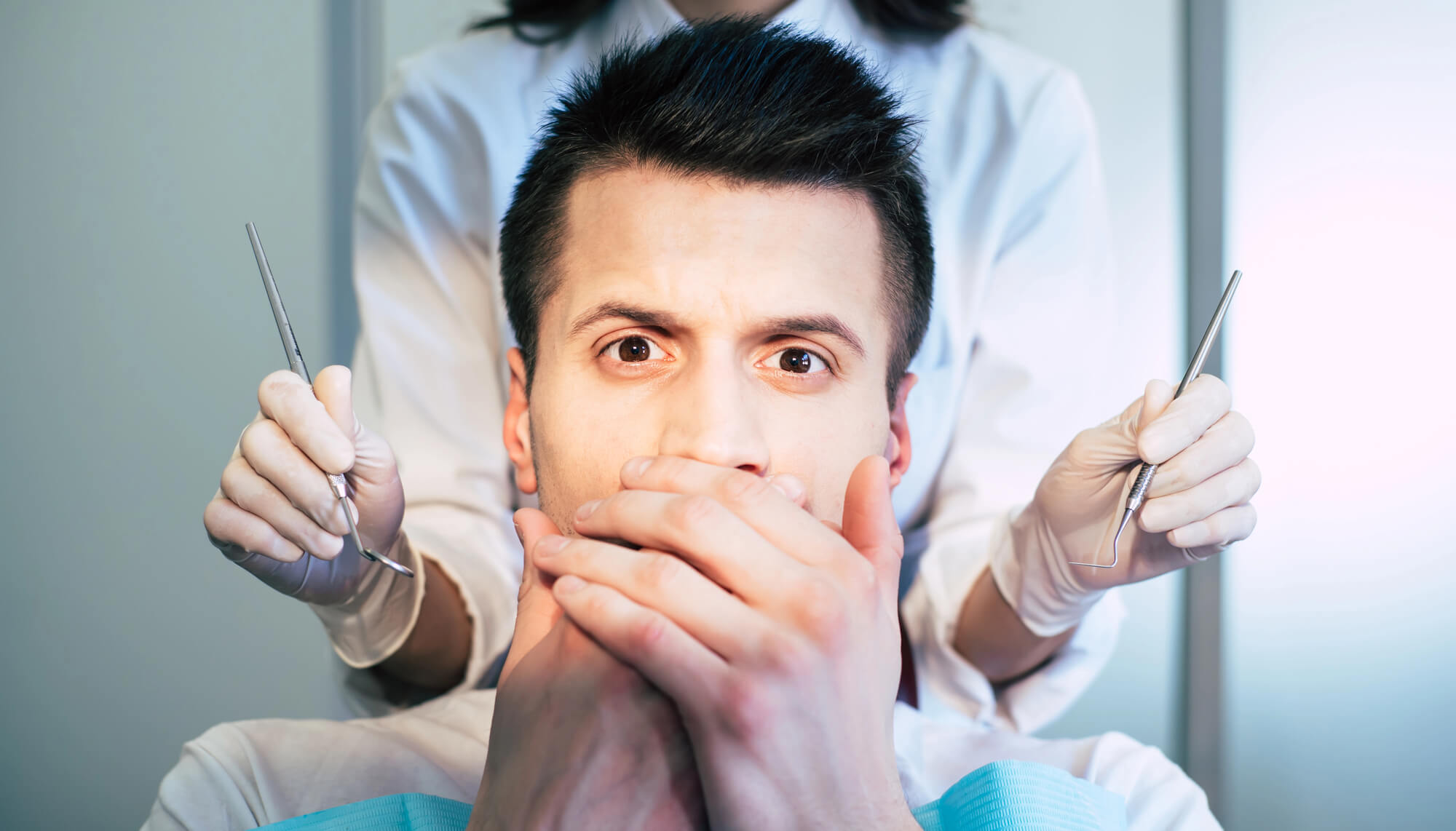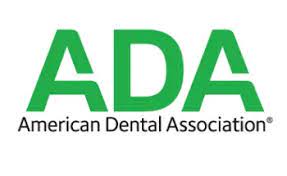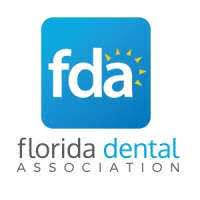Many people dislike the idea of going to the dentist, and while it pains us, we get it. Interrupting your daily routine to make time for a visit to the dentist in Coral Gables, FL, just to spend hours in an uncomfortable position while someone looks at your mouth is no one's idea of a happy afternoon.
However, some patients may neglect their oral health because the simple idea of a dental visit scares them, a condition known as dental anxiety. If this is your case, but you’d like to find an alternative to finally get the dental care you need, here’s a brief guide.

Dental anxiety is a common set of feelings related to apprehension and fear that some people associate with oral care. This common condition affects as much as 40 percent of the population. Although dental anxiety cannot be diagnosed and does not significantly disrupt daily life, it can significantly impact a patient's oral health.
Individuals who suffer from dental anxiety may exhibit psychological or physical symptoms before a dental appointment, potentially leading them to avoid the dentist completely.
The way dental anxiety reflects on each patient can vary greatly. Some people feel a little uneasy before a dental appointment but still make it. Others can experience distressing physical symptoms that force them to cancel appointments at the last minute. Some of these include:
Several factors cause dental anxiety, and being aware of these causes can help people deal with and control their anxieties.
If you are nervous about sitting in a dentist's chair, you may put off appointments or give yourself too much time between them, which can become a bad habit for your oral health. This can lead to oral health issues because prevention is fundamental.
Sadly, patients with dental anxiety end up skipping the dentist altogether, thus leaving issues to exacerbate and needing even more intensive treatments over time. This will probably worsen their dentist's opinion, resulting in a dangerous vicious circle.

People of all ages can experience dental anxiety. There are several coping mechanisms to help ease your fears and get you back in the dental chair. Let’s go over some of them.
It's important to communicate your concerns to your dentist to overcome your anxiety and get the dental care you need. We can simplify the process in a number of ways, such as outlining every step from beginning to end so you know what to anticipate or suggesting relaxation techniques.
Don’t be afraid to ask questions, either. You may feel less anxiety if you understand what your dental procedure entails.
Deep breathing exercises can relax your mind, help you feel calmer, and reduce stress during a dental appointment.
Talking your way out of intense feelings like stress, anxiety, or rage can be challenging. Logic rarely aids in regaining control because the prefrontal cortex (the area of the brain involved in rational thought) is compromised when we are under a lot of stress. However, breathing exercises can help you take control of your thoughts.
According to research, different breathing patterns correspond to different emotions, so altering our breathing patterns can alter our feelings. When you are happy, your breathing will be slow, deep, and regular. Anxiety and anger will cause your breathing to become erratic, shallow, rapid, and short.
Following the breathing patterns linked to various emotions will cause you to experience those emotions. So, try breathing exercises to feel more at ease on your next dental visit.
Close your eyes and slowly inhale through your nose. Hold it for a few seconds, and then slowly exhale through your mouth. Repeat this several times. This will imitate your breathing during moments of calmness and help you replicate them.
Sitting in the waiting area or getting into the dental chair can make anxiety worse. In this situation, meditation is a simple method to promote calm and reduce stress.
After you are seated, close or focus your eyes on something, and then let your body unwind fully. Try to relax your entire body, from your head to your feet, by paying attention to various body parts and releasing tension.
You can meditate before and during your appointment to stay composed and concentrated.
Another method is to sit in the dentist's chair and visualize positive thoughts. This is a stress-management method known as guided imagery. It involves visualizing positive, peaceful settings like a beautiful beach or a peaceful meadow to foster relaxation.
During your next dental appointment, try to go to your "happy place" and reflect on amusing or uplifting memories from the past. Feeling happier when nostalgic can calm and relax your mind.
Anxiety can also be reduced in the dental office by providing a distraction. Speak with your dentist to see if you can watch TV or a movie during your appointment or wear headphones and listen to music.
This will allow you to focus on something other than your mouth, potentially reducing your nervousness.
Having a friend or family member to support you could also help you relax at a dental appointment. Ask your dentist if you can have a companion during the examination. This person can make you feel safe, at ease, and relaxed even if you cannot speak with them during your appointment.
Pain relief is the purpose of this kind of medication. These medications are available over-the-counter and are also used to relieve mild anxiety and pain during dental visits.
Nitrous oxide, also known as laughing gas, is a colorless and odorless gas that dentists frequently use. It is inhaled prior to or during a procedure. Check with your provider to find out whether your dental insurance covers nitrous oxide, as some plans may not cover this benefit.
To help reduce anxiety before an appointment, some dentists may recommend a short-acting anti-anxiety drug for patients with moderate anxiety. You can take this medication at least an hour before your visit.
Conscious sedation is a treatment option for moderate to severe anxiety. This entails taking an oral sedative several hours before your scheduled dental visit. You will not be asleep during the appointment because this is not general anesthesia. You’ll remain conscious and responsive in a very relaxed state.

Regular dental visits are essential for maintaining optimal oral health, preventing issues before they become serious, and ensuring your teeth and gums stay healthy. By committing to routine checkups, you protect your smile and overall health, helping avoid costly, painful, or complicated treatments in the future.
At Coral Gables Dentistry, we want to do everything we can to help you get the dental care you need. Reach out and tell us more about the quality of care you seek!

We value your time, so we always run on schedule, respecting your commitments, with no double bookings and minimal wait times. Experience dentistry like never before in our award-winning clinic.






